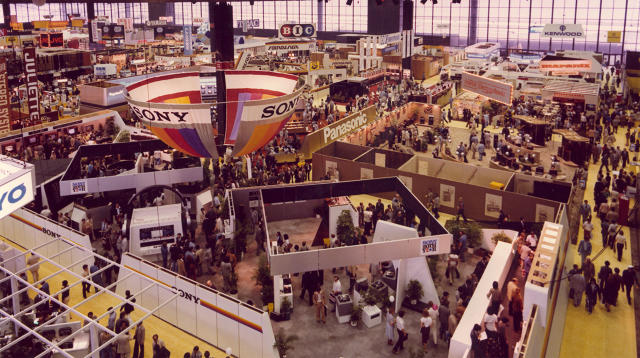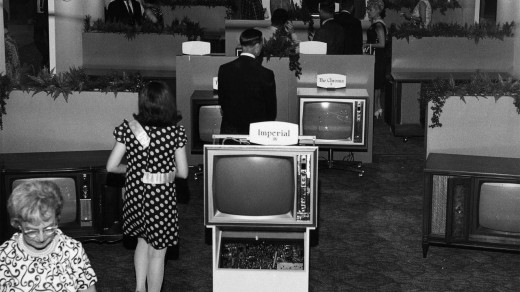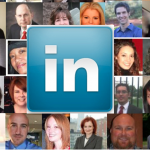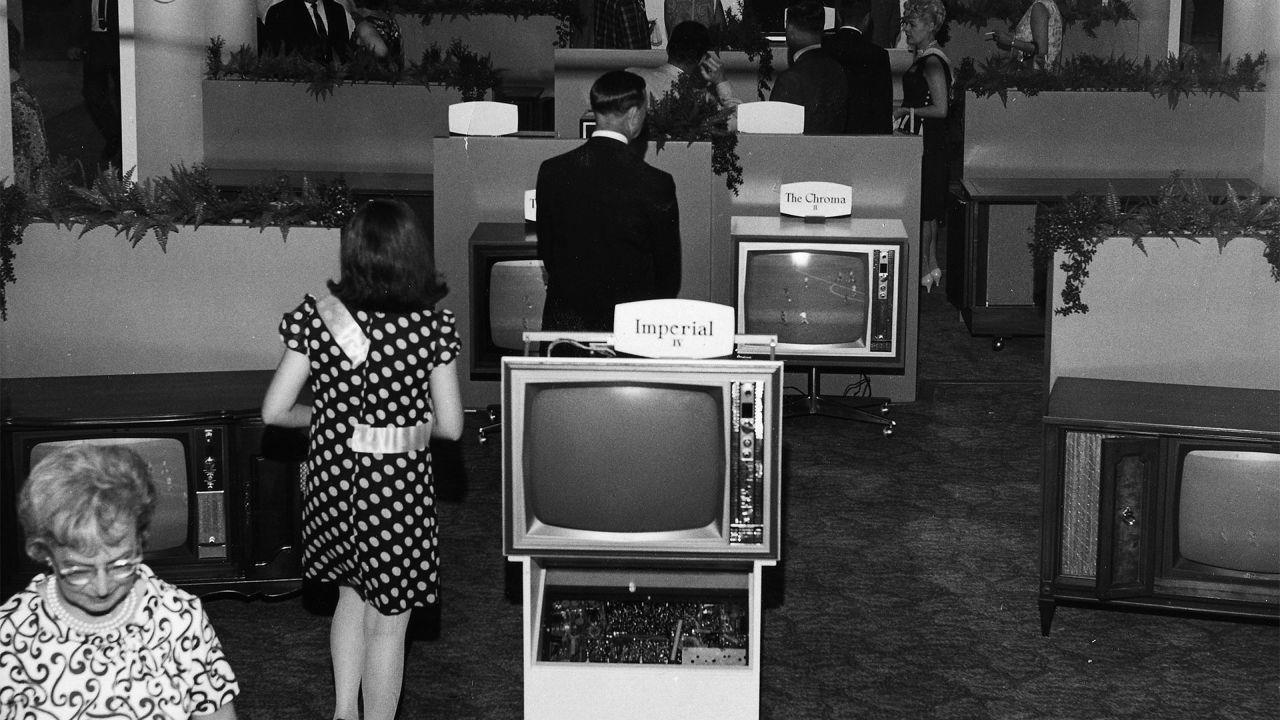On Not Going To CES, After 23 Years Of Attending Vegas Tech Shows

I should stress that CES isn’t dead to me. Before the 2014 show, I wrote a piece called “In Praise—Yes, Praise!—of CES.” In it, I said lots of nice things about the show. I don’t take any of them back, and am not arguing that the tens of thousands of journalists who will be going to Vegas are wasting their time. Even if the major announcements at the show turn out to be a snooze, I know I’ll miss the thing I call Shadow CES: the show behind the show. Shadow CES consists of meetings conducted behind closed doors, conversations held over dinner, and chance encounters with interesting people—the stuff which is theoretically supplemental to the main event, but is in fact more reliably valuable. For someone who’s explaining why he isn’t going to CES, I don’t seem to be very anti-CES. But I am keenly aware that the case against the show is easy to make. In fact, back in 2008, I covered many of the show’s downsides in a piece I wrote for Slate. CES comes at an odd time of year, immediately after the big gadget-buying season. The majority of products on display are unremarkable commodities—such as HDTVs which are very much like everybody else’s HDTVs—and some of the stuff which is trumpeted as the next big thing never amounts to anything. CES is routinely bypassed by companies such as Apple, which want to make their own announcements on their own schedule, at the venue of their choice, without competing with the thousands of announcements happening at the show. And there are an awful lot of interesting startups which lack the interest and/or funds to have a CES presence. But the thing is—’twas ever thus. Almost every knock you can make against CES in late 2014 has been true for years. Most of them were also true about COMDEX in its heyday. In fact, from the moment I began attending that conference, I heard people predicting—no, rooting for—its demise. Here’s proof in the form of a wonderfully evocative video which veteran journalist Charles Petzold shot at 1991’s COMDEX, the first I attended. At 2:17, at a party held by tech publisher Ziff Davis, Petzold starts asking attendees “Is COMDEX dead?”
Let the record show that COMDEX only continued to get bigger until 1997. The 1998 version shrunk slightly. And then the exhibition did collapse over the next half-decade. (Multiple ownership changes and general mismanagement—and, eventually, the aftershocks of 9/11—all played roles in its death.) Articles by people explaining why they aren’t going to CES tend to assume that the show was once vital, but stopped being so. Me, I’ve convinced that there was never a golden age of the gigantic Vegas trade show. They’ve always been imperfect snapshots of an imperfect industry: overblown, exhausting, bizarre, and full of products which are unexceptional if not downright schlocky. Which is why plenty of rational folks have always concluded that attending wasn’t worth the effort. Here’s the biggest reason why I’m not going to CES: The fact that you’ve always done something is not, in itself, an argument for continuing to do so. It’s healthy to test your own assumptions about the way you do your work, and after next week, I’m either going to conclude that the show is skippable, or that, on balance, I want to attend in 2016. Either way, I’ll end up smarter. And there’s no chance whatsoever that I’ll come to regard having skipped CES as a catastrophic mistake. In 24 years of covering tech, I’m only haunted by one product announcement which I could have attended, but didn’t. That would be the 2007 Macworld Expo keynote in San Francisco at which Steve Jobs unveiled the first iPhone—one of the three or four most important events in the entire history of personal technology. Why wasn’t I in the audience? Why, because I was attending CES, of course. Just like I’ve always done until now, without giving it much thought.
(378)














